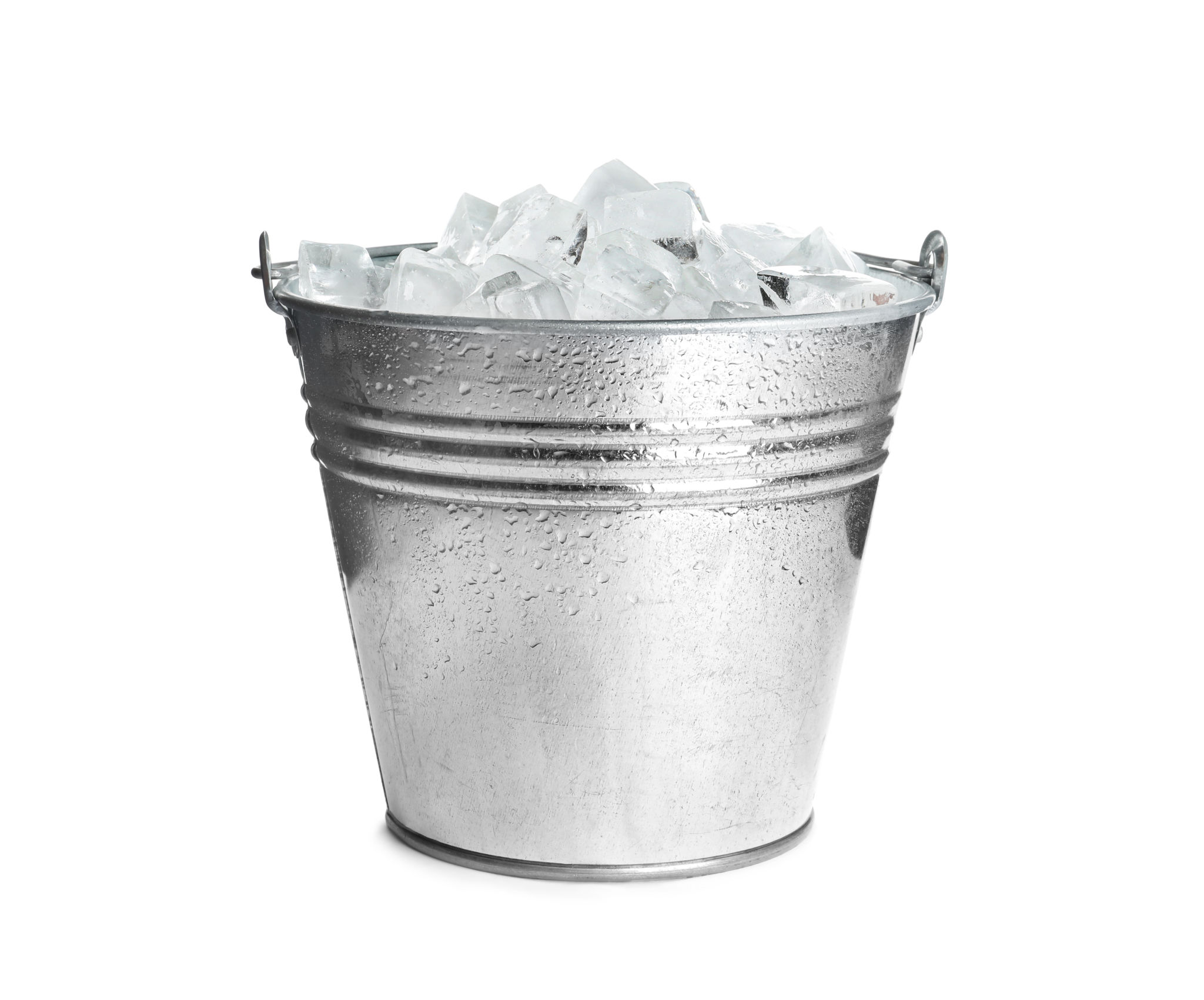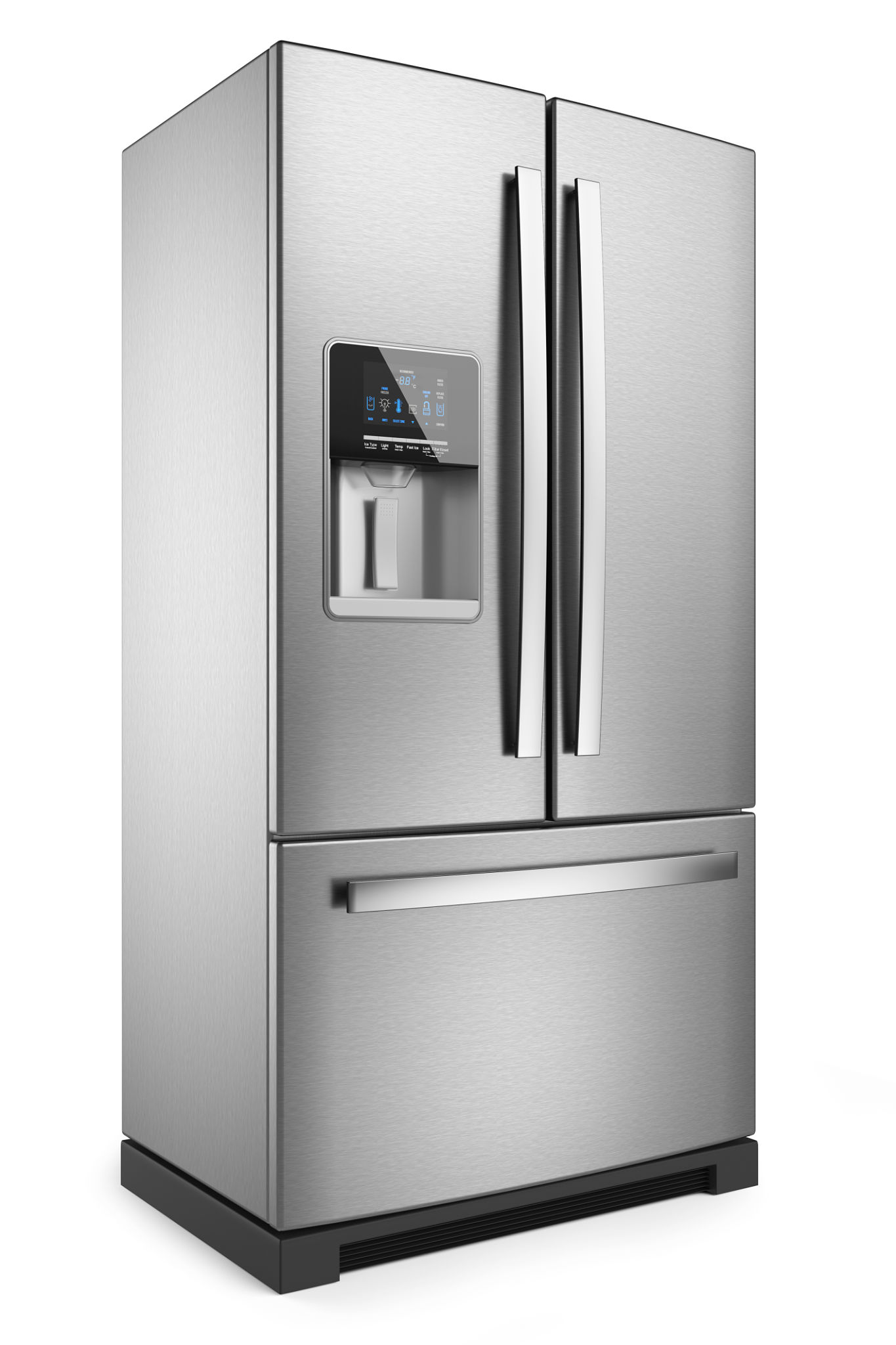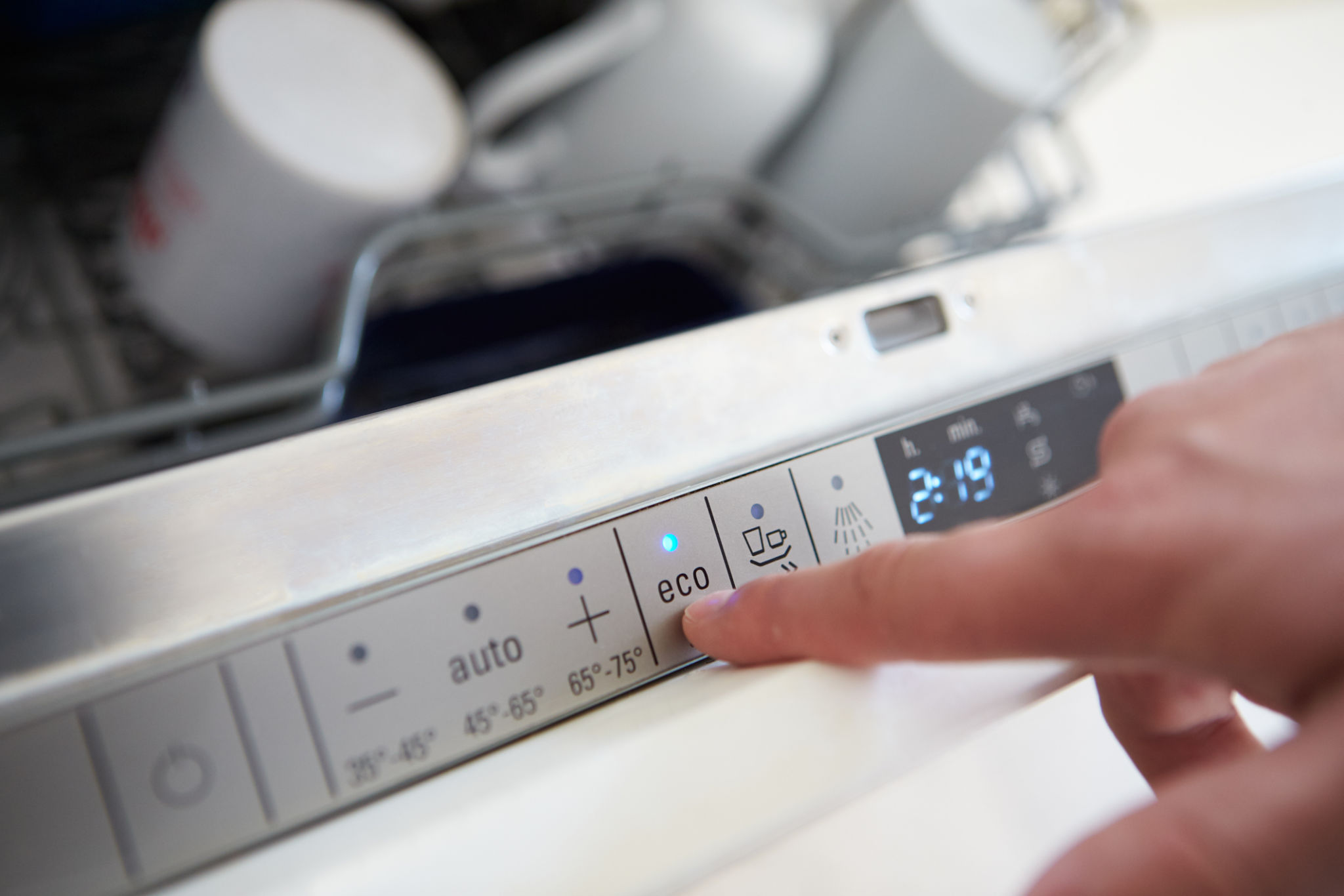Common Myths About Wine Coolers Debunked by Vin Garde Experts
RW
Understanding Wine Coolers
Wine coolers have gained popularity as essential appliances for wine enthusiasts and collectors. They provide the perfect environment to store wine at optimal temperatures. Despite their widespread use, numerous myths persist about these devices. Our experts at Vin Garde are here to clarify some of these common misconceptions.

Myth 1: Wine Coolers Are Just Luxury Items
Many people believe that wine coolers are extravagant purchases, suitable only for connoisseurs or collectors with extensive wine collections. However, this is far from the truth. Wine coolers are available in various sizes and price ranges, making them accessible to almost any wine enthusiast. Whether you have a modest collection or an extensive one, there's a wine cooler that fits your needs and budget.
In fact, investing in a wine cooler can save money in the long run by preserving your wine’s quality and preventing spoilage. Proper storage conditions help maintain the flavor and aroma, ensuring that each bottle is enjoyed as intended.
Myth 2: Any Refrigerator Can Be Used as a Wine Cooler
It’s a common assumption that a regular refrigerator can suffice as a wine cooler. While it’s true that refrigerators chill beverages, they are not designed specifically for storing wine. Wine coolers maintain a consistent temperature, typically between 45°F and 65°F, which is ideal for preserving both red and white wines.

Moreover, refrigerators often have fluctuating humidity levels and vibrations that can negatively affect the aging process of wine. Proper humidity levels in a wine cooler help keep corks from drying out, preventing oxidation and spoilage.
Myth 3: Wine Coolers Consume Too Much Energy
Another misconception is that wine coolers are energy hogs. In reality, most modern wine coolers are designed with energy efficiency in mind. Many models are Energy Star certified, meaning they meet strict energy efficiency guidelines set by the U.S. Environmental Protection Agency.
This means they consume far less power than older models or standard refrigerators when used for storing wine. By choosing an energy-efficient model, you can enjoy your wine without worrying about exorbitant electricity bills.

Myth 4: Only Red Wines Need to Be Stored in Wine Coolers
Some people assume that only red wines require special storage conditions, but this is not accurate. Both red and white wines benefit from being stored in a wine cooler. White wines are typically served chilled, and a wine cooler ensures they are stored at the right temperature, ready to be served at any time.
Additionally, sparkling wines and champagnes also benefit from being stored in a wine cooler, where they remain fresh and bubbly until opened.
Conclusion: Embrace the Benefits of Wine Coolers
Understanding the truth about wine coolers can enhance your wine experience significantly. By debunking these myths, we hope to encourage more wine lovers to consider the benefits of investing in a dedicated wine storage solution.
Whether you're a casual drinker or a seasoned collector, having the right storage can make all the difference in preserving the quality and enjoyment of your wine collection.
